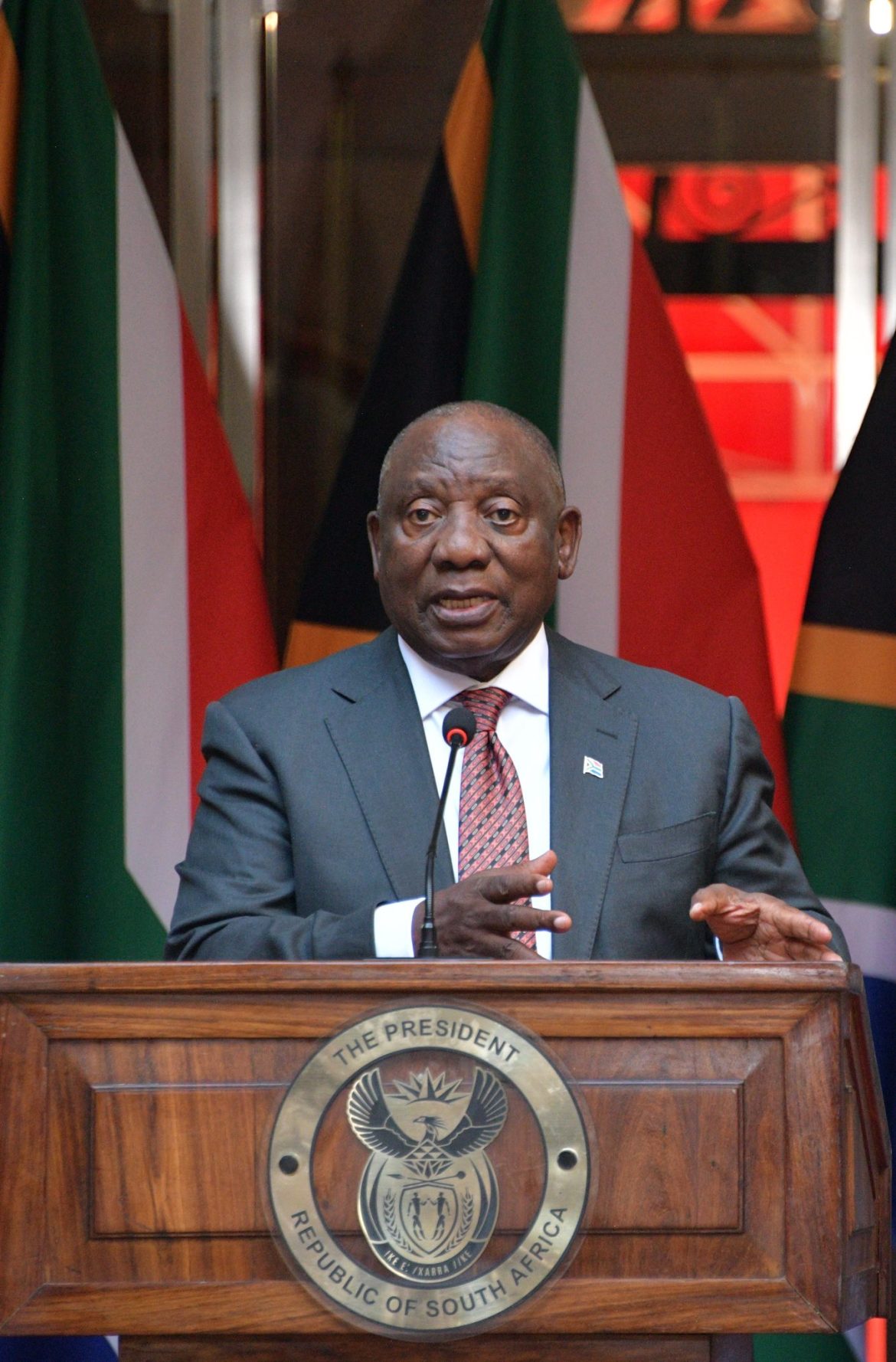The South African government has begun putting together a comprehensive response plan to deal with the growing uncertainty caused by the possible collapse of trade talks with the United States. This follows an announcement by U.S. President Donald Trump, who has approved a 30% import tariff on selected South African goods. The tariffs are scheduled to take effect from Thursday, August 7.
According to the Department of Trade, Industry and Competition (DTIC), several ministries and key government agencies are working jointly to limit the economic damage that could arise from the proposed U.S. decision. The aim is to prevent serious disruption to South Africa’s exports, which are vital to the country’s economy, especially in the agricultural and manufacturing sectors.
Mr. Kaamil Alli, spokesperson for the Department of Trade, confirmed that South Africa is actively engaging both locally and internationally to ensure a solid strategy is developed.
“The government is working with different departments to ensure the response plan is effective and comprehensive,” Mr. Alli said in a press briefing.
He also noted that while negotiations with the U.S. are ongoing, the South African side is still committed to finding a diplomatic and peaceful resolution to avoid the harsh tariffs being imposed.
“We’re hopeful that the agreement the U.S. has put on the table contains all the necessary components for a balanced solution,” Alli added.
South Africa remains concerned about the broader economic consequences, especially as the United States is one of its most important trading partners. Industries such as automotive manufacturing, agriculture, textiles, and steel production could be affected by the 30% tariffs. These sectors are not only key export earners but also major employers in the country.
“Our main priority is to ensure we reach an agreement that benefits both South Africa and the U.S., preserving continuity and balance in our trade relations,” Alli explained.
To achieve this, the South African government is consulting with various stakeholders, including the National Treasury, Department of Agriculture, and private sector actors involved in trade and export. The goal is to build a united front and avoid job losses, increased inflation, or any major disruption to production and supply chains.
Although the government has yet to release full details of its response plan, officials insist the plan will be revealed at the appropriate time. The need to maintain confidentiality during negotiations is, according to the DTIC, crucial to avoid political and economic sabotage.
“We cannot share the details of the plan at this time, as negotiations are still in progress. This confidentiality is essential to protect the negotiation process and avoid external interference,” said Alli.
If the U.S. tariffs are enforced, the South African economy could suffer significant setbacks, especially at a time when the country is still recovering from the aftershocks of the COVID-19 pandemic, currency fluctuations, and power supply issues.
Experts believe that retaliatory measures could also be considered if talks fail. However, South Africa appears focused on using diplomatic and economic tools to influence the outcome, rather than engaging in a trade war with Washington.
South Africa currently benefits from several trade agreements with the United States, including the African Growth and Opportunity Act (AGOA), which provides duty-free access for a wide range of products. Any shift away from this arrangement could damage bilateral relations and hurt investor confidence in both countries.
With August 7 fast approaching, pressure is mounting on officials in Pretoria and Washington to find common ground. What happens in the next few days could determine the future of South Africa–U.S. trade relations, which have long supported economic growth and industrial development.
South African businesses, trade unions, and economic analysts are closely watching the situation, hoping that reason will prevail and a fair agreement will be reached without punitive tariffs.
